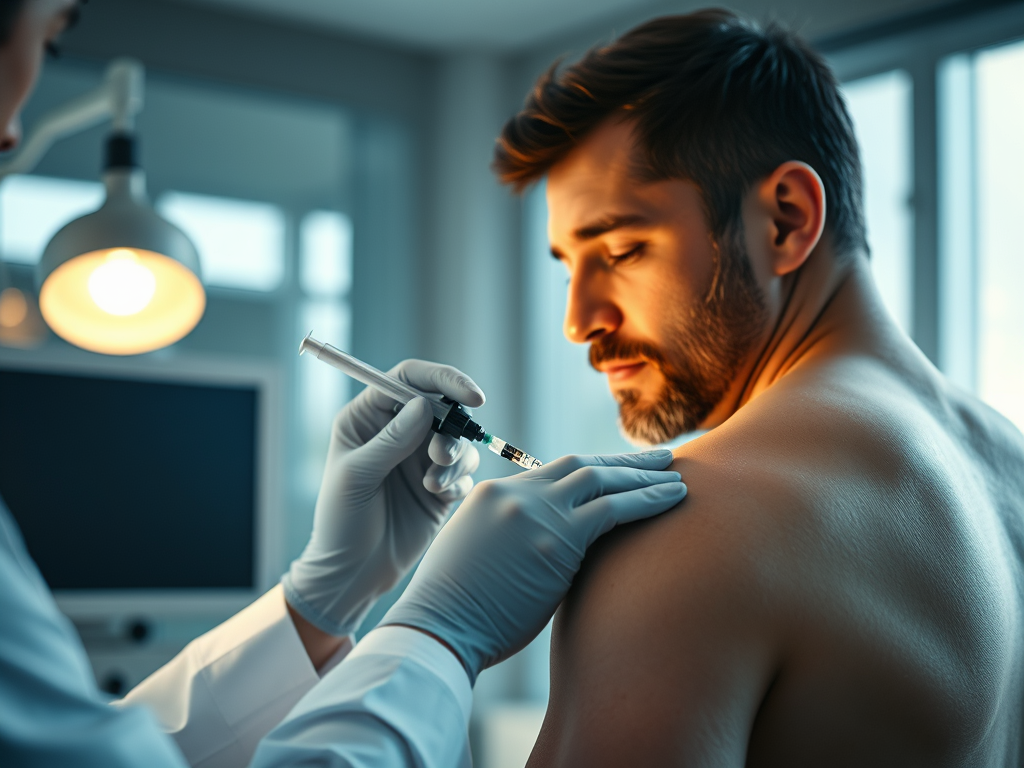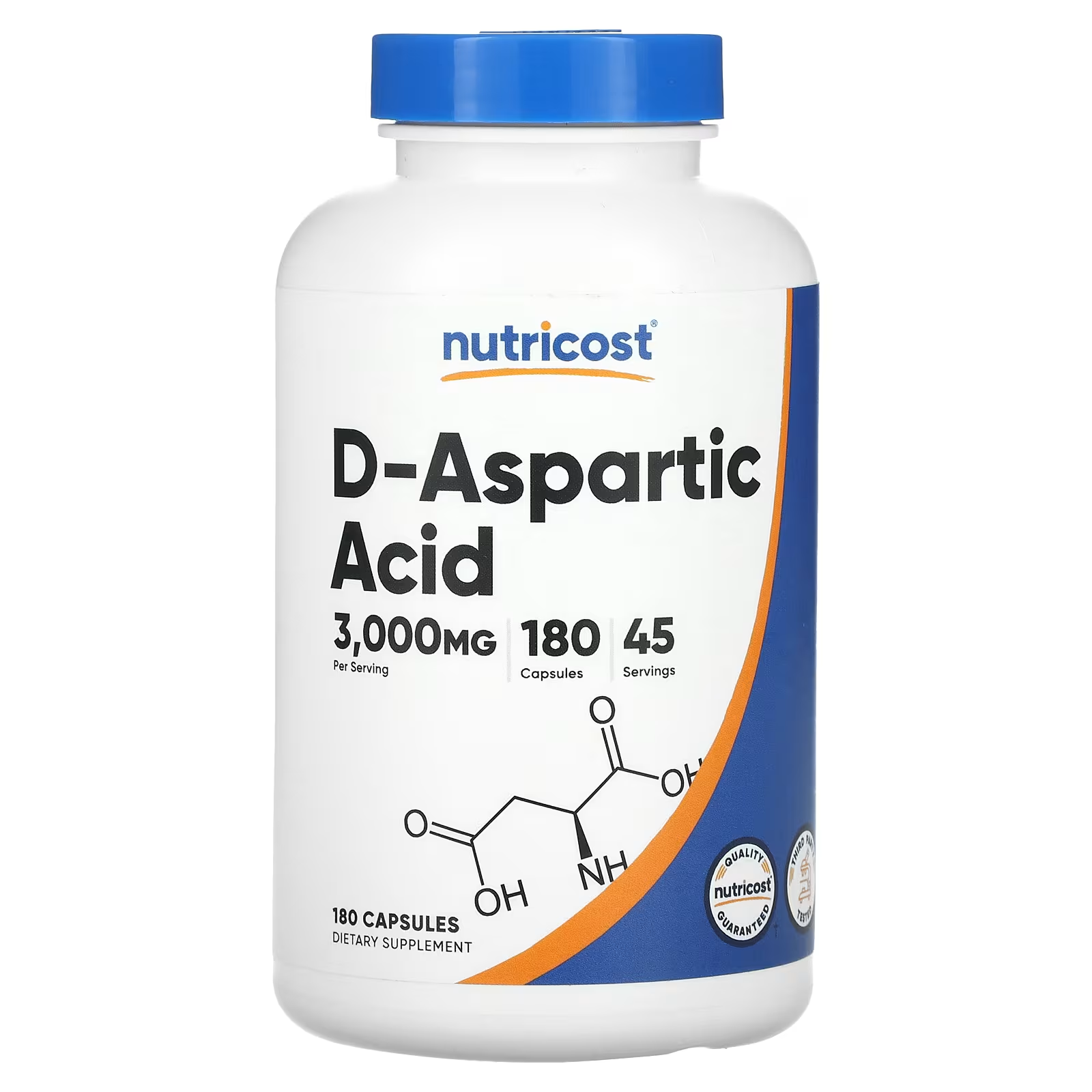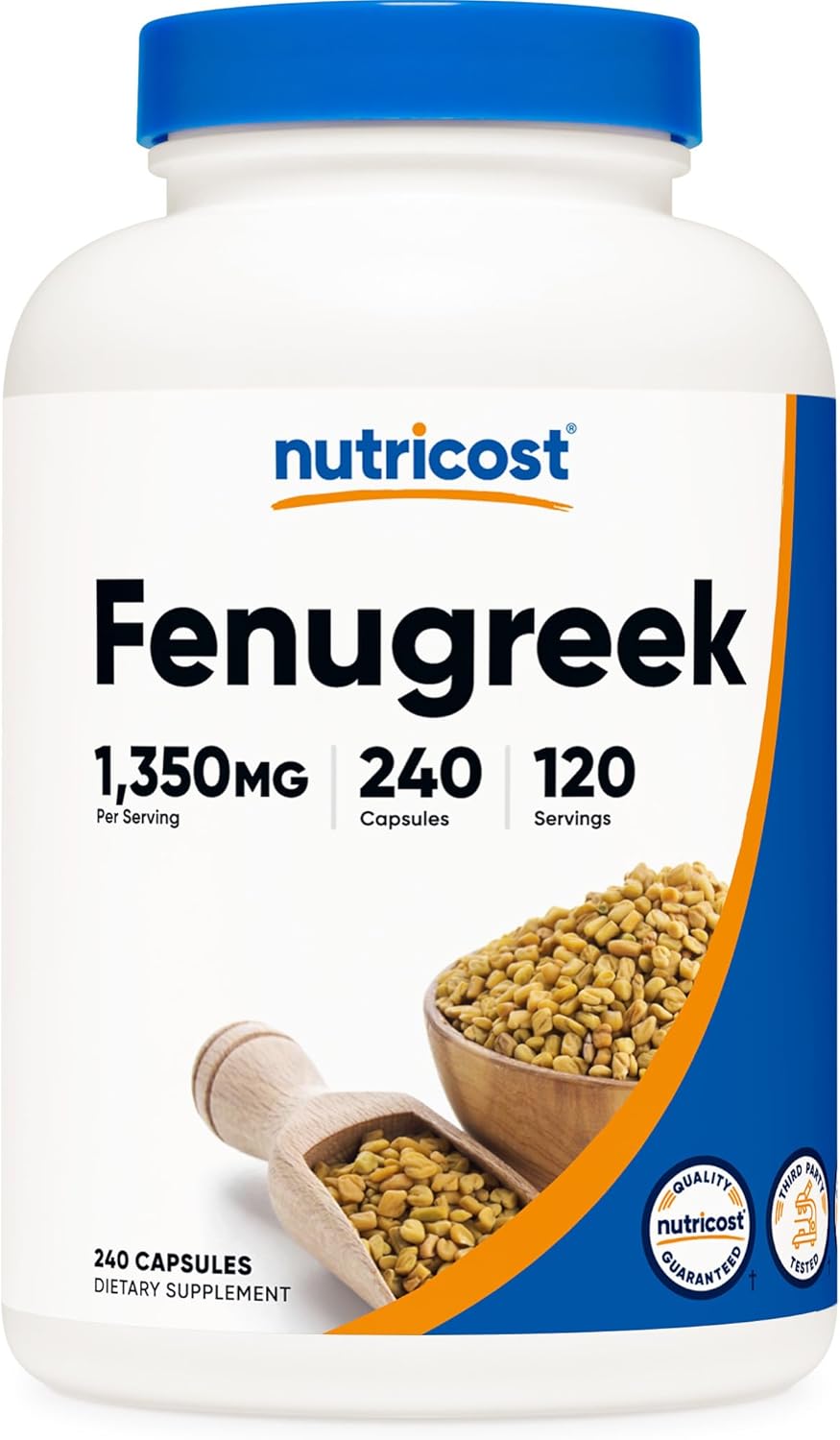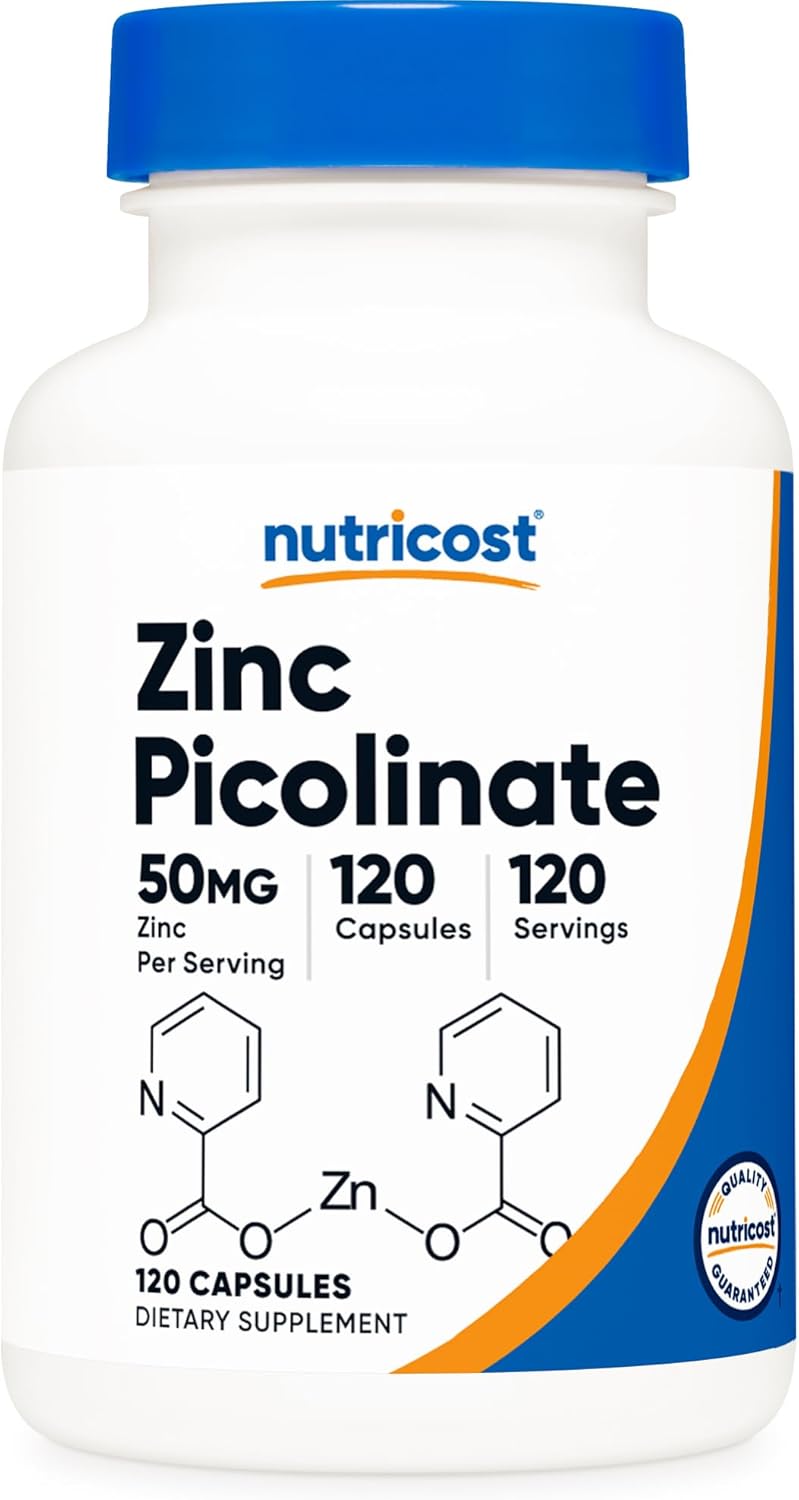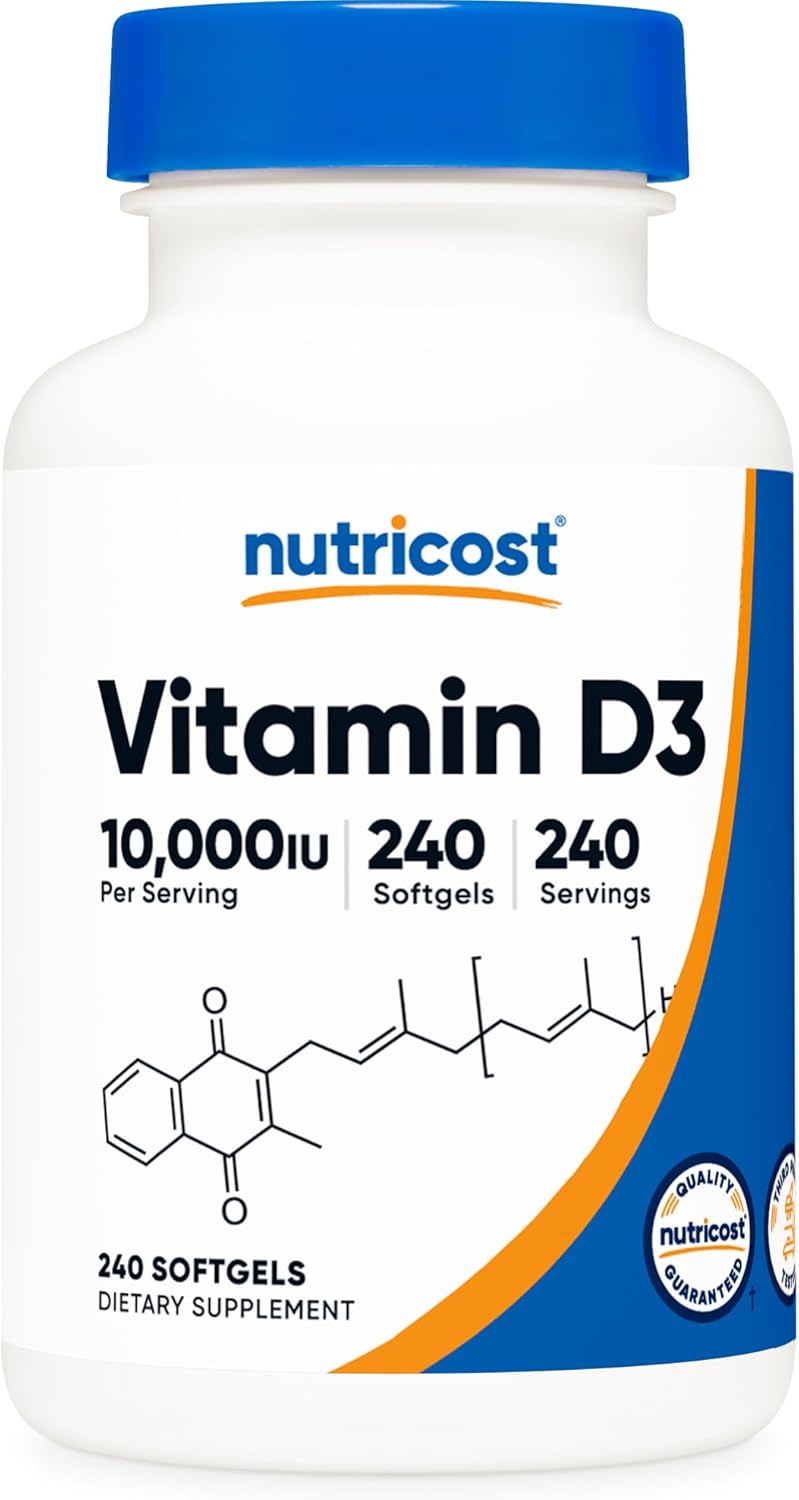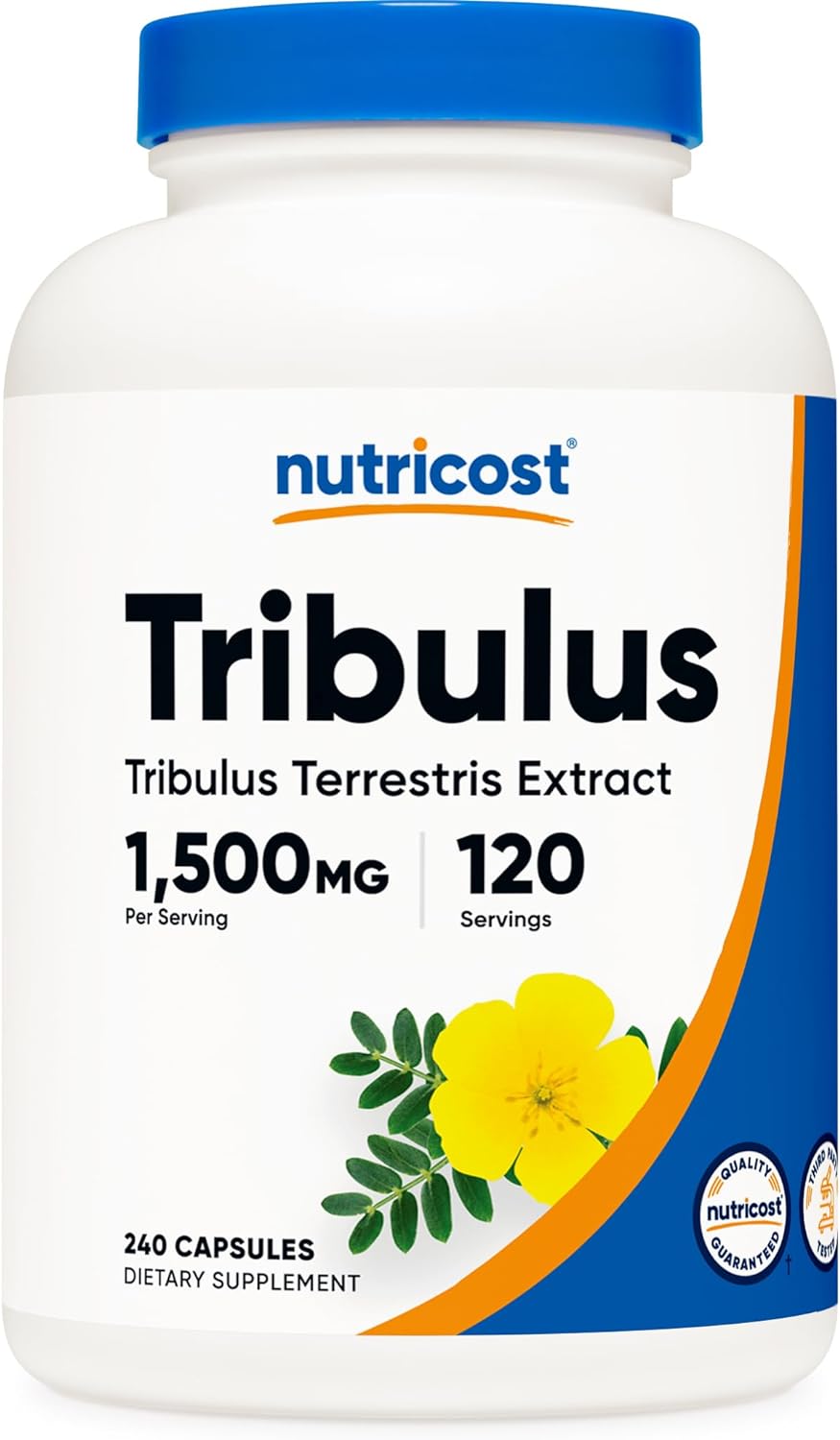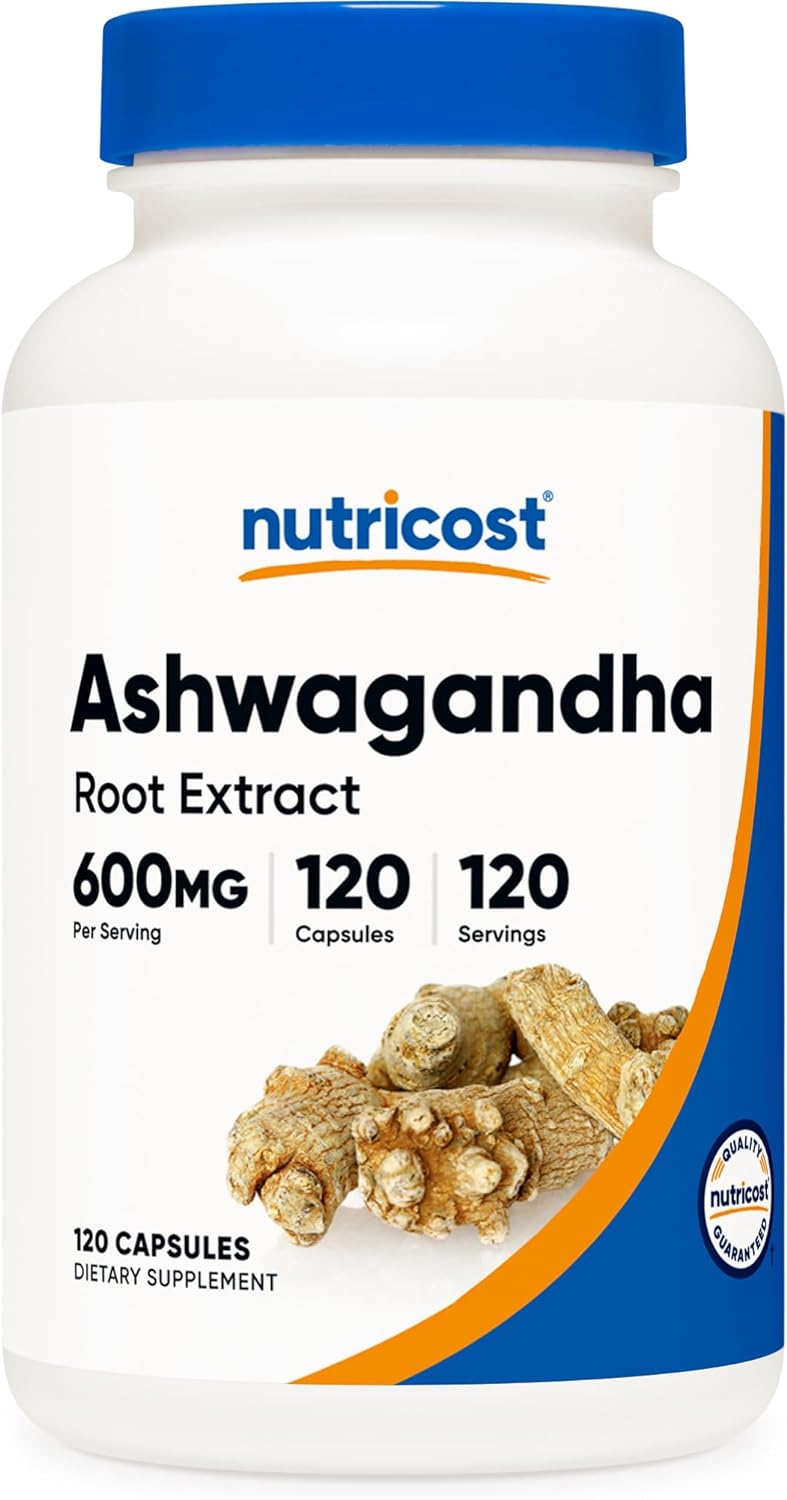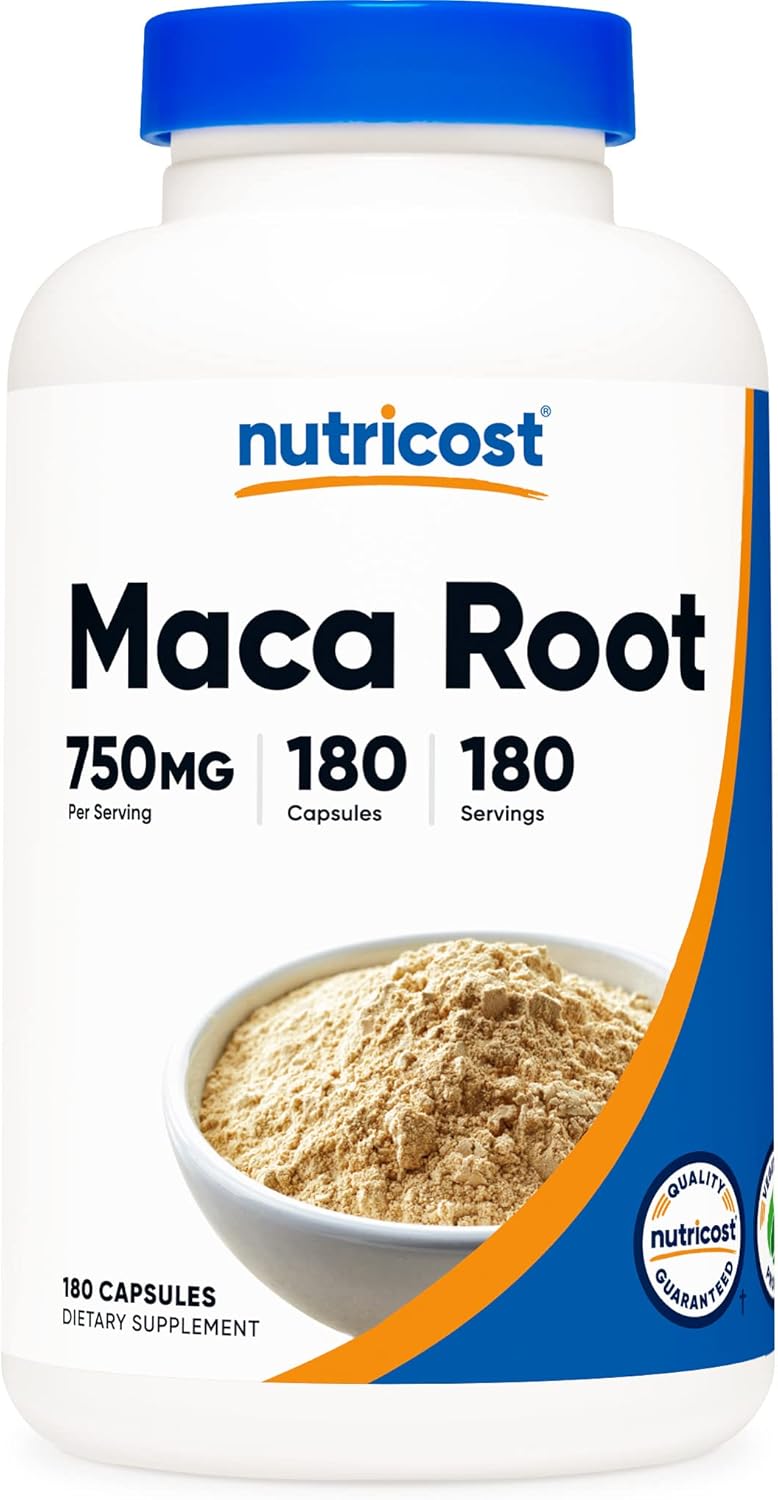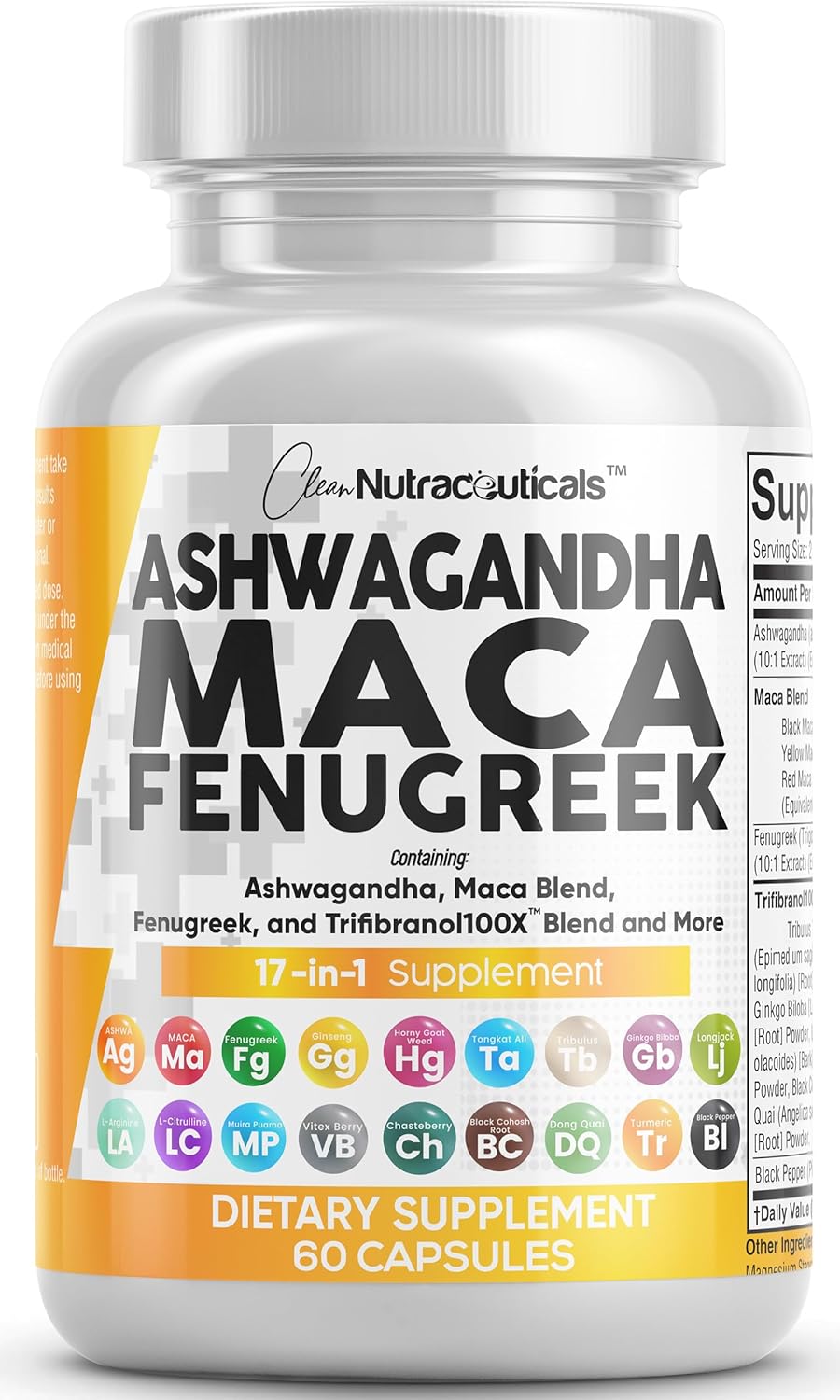Testosterone is a crucial hormone that influences many aspects of health, from muscle mass and bone density to mood and energy levels. While some people may resort to synthetic treatments to boost testosterone levels, many prefer a more natural route. In this article, we’ll explore the best testosterone supplements and herbs, providing a well-rounded guide on how to support your body’s testosterone production naturally.
Why Consider Testosterone Supplements and Herbs?
Many people experience a gradual decline in testosterone as they age, which can lead to fatigue, muscle loss, and a decrease in libido. Turning to testosterone supplements and herbs can offer a gentler and safer approach to managing this hormonal shift. Herbal supplements are rich in compounds that can help stimulate testosterone production, support overall vitality, and provide additional health benefits.
“A few years back, I found myself feeling constantly tired and lacking energy. Instead of jumping to synthetic solutions, I decided to explore natural options like ashwagandha and tribulus terrestris. Not only did my energy levels improve, but I also noticed improvements in my workout performance.“
Now, let’s dive deeper into the most effective testosterone supplements and herbs and see how they can work for you.
Best Testosterone Supplements and Herbs
1. Tongkat Ali: A Potent Herbal Testosterone Supplement
Tongkat Ali, also known as Longjack, is one of the most well-researched herbal supplements for boosting testosterone. Studies show that Tongkat Ali can significantly improve testosterone levels, particularly in men with low testosterone or those undergoing high levels of stress (NCBI). This herb works by increasing luteinizing hormone, which triggers testosterone production in the testes.
Fun Fact: I once tried adding Tongkat Ali to my daily routine, and after a few weeks, I felt noticeably more energetic and motivated during my workouts. It’s a go-to for many men and women looking to support their hormone health.
- Recommended Dosage: 200–400 mg per day of a standardized extract (typically containing 1-2% Eurycomanone, the active compound).
- Usage Tip: It’s best to cycle Tongkat Ali (e.g., take it for 5 days on, 2 days off) to maintain its effectiveness.
Source: Studies show significant improvements in testosterone levels when taking 200 mg daily for 4 weeks (NCBI).
2. Ashwagandha: Stress Reduction and Testosterone Enhancement
Ashwagandha is a popular adaptogen that helps the body manage stress. Research shows that this powerful herb can also help boost testosterone levels by reducing cortisol, the stress hormone that negatively affects testosterone production (PubMed). In fact, one study found that men who took Ashwagandha experienced a significant increase in testosterone and a reduction in stress levels.
By reducing stress and improving sleep, Ashwagandha indirectly supports healthy testosterone levels.
Personal Tip: Adding Ashwagandha to my evening tea not only helped me relax but also boosted my overall well-being. It’s a gentle way to support both mental and hormonal health.
- Recommended Dosage: 300–600 mg per day of a high-concentration extract, often standardized to 5% withanolides.
- Usage Tip: Ashwagandha can be taken consistently, and results typically show after several weeks of continuous use.
Source: A study published in the Journal of the International Society of Sports Nutrition found 600 mg per day increased testosterone in men by 15% after 8 weeks (PubMed).
3. Tribulus Terrestris: An Ancient Remedy for Testosterone
Tribulus Terrestris has been used for centuries in traditional medicine as a natural libido enhancer and testosterone booster. While the scientific community is still debating its direct effects on testosterone, some studies suggest that it may boost testosterone by stimulating the release of luteinizing hormone (WebMD). Its use is common among athletes and bodybuilders looking for a natural edge.
- Recommended Dosage: 500–1,500 mg per day of an extract standardized to 40-45% saponins (the active compounds).
- Usage Tip: Tribulus is often cycled, similar to Tongkat Ali, with breaks after 6–8 weeks of use.
Source: Some studies have shown positive effects on libido and testosterone at doses of 750 mg per day (WebMD).
4. Fenugreek: A Testosterone-Boosting Kitchen Staple
Fenugreek is an herb commonly used in cooking, but it also has powerful effects on testosterone levels. Studies suggest that fenugreek supplementation can help increase testosterone levels and enhance libido, making it a popular choice for natural testosterone support (NIH). Fenugreek’s ability to reduce the conversion of testosterone to estrogen helps maintain higher levels of free testosterone in the body.
“I started using Fenugreek seeds in my cooking after learning about its hormonal benefits. I noticed an improvement not only in my energy but also in my digestion!”
- Recommended Dosage: 500–600 mg per day of a standardized extract, often containing 50% fenusides (the active compounds).
- Usage Tip: Fenugreek is well-tolerated and can be used daily for extended periods.
Source: Studies using 600 mg of fenugreek per day have shown significant increases in both free and total testosterone (NIH).
5. Maca Root: Energizing and Hormone-Balancing
Maca root is known for its ability to improve libido, energy levels, and even mood. While Maca doesn’t directly increase testosterone levels, its adaptogenic properties help balance hormones and improve overall vitality, which can support healthy testosterone levels (Harvard Health).
Pro Tip: Adding Maca powder to my smoothies has been a game-changer. It’s an easy way to incorporate this powerhouse herb into your daily routine while reaping its many benefits.
- Recommended Dosage: 1,500–3,000 mg per day of powdered maca root.
- Usage Tip: Maca can be mixed into smoothies or taken as capsules. While it doesn’t directly boost testosterone, it supports libido and overall vitality.
Source: Research suggests 1,500 mg of maca root daily can enhance libido and improve mood (Harvard Health).
Other Effective Testosterone Supplements and Herbs
6. Zinc and Magnesium
While not herbs, zinc and magnesium are critical minerals that play a vital role in testosterone production. Zinc deficiency is directly linked to low testosterone levels, and supplementation has been shown to raise testosterone, particularly in those with deficiencies (NIH). Magnesium, on the other hand, helps the body optimize testosterone by reducing oxidative stress and inflammation.
- Recommended Dosage: 15–30 mg per day, ideally from zinc picolinate or zinc gluconate (forms that are more easily absorbed).
- Usage Tip: Excessive zinc intake can cause negative side effects, so avoid exceeding 40 mg per day unless under medical supervision.
Source: Studies indicate that zinc supplementation of 30 mg per day can restore testosterone levels, particularly in men with zinc deficiency (NIH).
- Recommended Dosage: 200–400 mg per day of magnesium citrate or magnesium glycinate (highly bioavailable forms).
- Usage Tip: Magnesium is often best taken before bed to improve sleep quality, which also helps with testosterone regulation.
Source: A study published in Biological Trace Element Research found that 400 mg of magnesium per day increased testosterone levels in both sedentary and active men (PubMed).
7. D-Aspartic Acid
Another supplement often mentioned in conjunction with testosterone boosting is D-Aspartic Acid, an amino acid that plays a role in regulating testosterone synthesis. Some studies suggest that it can stimulate the release of hormones that trigger testosterone production, particularly in men with low levels (Healthline).
8. Vitamin D: The Sunshine Hormone
Vitamin D plays a crucial role in testosterone production, and many people are deficient in it. Studies have shown that supplementing with vitamin D can significantly raise testosterone levels, especially in men with low levels (NIH). Your body produces vitamin D when exposed to sunlight, but supplementing can ensure you’re getting enough, especially during the winter months.
Tip: Consider adding 2,000–4,000 IU of Vitamin D daily, especially if you spend most of your time indoors.
- Recommended Dosage: 2,000–4,000 IU per day, depending on your current vitamin D levels (as verified by a blood test).
- Usage Tip: Vitamin D is fat-soluble, so take it with meals that contain healthy fats to improve absorption.
Source: Research shows that supplementing with 3,000 IU of vitamin D per day can significantly increase testosterone in men who are vitamin D deficient (NIH).
9. Boron: An Underrated Mineral for Testosterone
Boron is a trace mineral that has been shown to enhance the body’s ability to use testosterone. It also helps reduce sex hormone-binding globulin (SHBG), which binds to testosterone and makes it unavailable for use. Studies indicate that taking 10 mg of boron daily can significantly increase free testosterone levels within a week (PubMed).
Tip: Try adding boron supplements to your routine, especially if you’re focusing on increasing free testosterone.
10. L-Arginine: For Blood Flow and Testosterone Support
L-Arginine is an amino acid that helps the body produce nitric oxide, which improves blood flow. Better blood circulation is crucial for overall health and can indirectly support testosterone levels by enhancing nutrient delivery to muscles and organs. Although its direct impact on testosterone is debated, its role in supporting sexual health and energy is well documented (NIH).
Tip: Take L-Arginine if you’re looking to boost not just testosterone but also physical performance and recovery.
- Recommended Dosage: 3,000–6,000 mg per day, taken in divided doses.
- Usage Tip: L-Arginine is most effective when taken 30–60 minutes before physical activity to enhance blood flow and muscle recovery.
Source: Studies suggest that 3–6 grams of L-Arginine per day improves nitric oxide production and may indirectly support testosterone (NIH).
11. Fish Oil (Omega-3 Fatty Acids)
Omega-3 fatty acids from fish oil can improve testosterone production by reducing inflammation and balancing hormones. Studies have shown that healthy fats, particularly omega-3s, can raise testosterone and support overall health (American Heart Association).
Tip: Supplement with 2,000–3,000 mg of fish oil daily or eat fatty fish like salmon or mackerel a few times a week.
12. Shilajit: The Himalayan Superfood
Shilajit is a mineral-rich resin found in the Himalayan mountains that has been used in Ayurvedic medicine for centuries. Research suggests that Shilajit can increase testosterone levels in men, particularly when taken consistently over time (NCBI). It’s also loaded with fulvic acid, which helps the body absorb nutrients more effectively.
Tip: Add Shilajit to your supplement stack for an ancient, well-researched testosterone boost.
- Recommended Dosage: 200–500 mg per day of purified Shilajit extract (standardized to 20-50% fulvic acid).
- Usage Tip: Shilajit is often taken in the morning or before workouts for an energy boost.
Source: A study published in Andrologia found that taking 500 mg of purified Shilajit per day for 90 days increased total testosterone levels in men by over 20% (NCBI).
13. Ginseng: The Energy and Libido Booster
Ginseng, particularly Panax Ginseng, is known for its ability to boost energy levels, improve libido, and support testosterone production (WebMD). It’s often used in traditional medicine to enhance sexual health and vitality.
Tip: Take 200–400 mg of ginseng extract daily to support testosterone and overall well-being.
14. Nettle Root: Free Up More Testosterone
Nettle Root is another herb that works by reducing the activity of sex hormone-binding globulin (SHBG), allowing more free testosterone to circulate in the body. It can also help reduce inflammation and support prostate health (Mayo Clinic).
Tip: Combine nettle root with other testosterone-boosting herbs like Tribulus Terrestris for maximum effect.
Supplement Tip: Cycle Your Supplements
Your body can become desensitized to certain supplements if you take them continuously. Cycling your testosterone-boosting supplements—taking them for 4–8 weeks, followed by a break of 1–2 weeks—helps maintain their effectiveness.
Tip: Rotate herbs like Ashwagandha, Tribulus, and Fenugreek every few weeks to keep your body responsive.
Dosing Tip: Personalization is Key
Everyone responds differently to supplements based on factors like age, lifestyle, and individual biochemistry. Start at the lower end of the recommended dosages and gradually increase based on how your body responds. Always consult with a healthcare professional before starting any new supplement regimen, especially if you have underlying health conditions.
How to Choose the Best Testosterone Supplements and Herbs?
When selecting testosterone supplements and herbs, it’s essential to focus on quality and safety. Look for supplements that are third-party tested, free from fillers, and sourced from reputable companies. Always check with a healthcare professional before starting any new supplement, especially if you have underlying health conditions.
Here’s a quick checklist for choosing the best testosterone booster supplements:
- Look for Clinical Support: Choose supplements backed by clinical studies.
- Natural Ingredients: Opt for herbal and plant-based ingredients like Tongkat Ali and Ashwagandha.
- Avoid Synthetic Additives: Go for clean, non-GMO, and organic options whenever possible.
- Third-Party Testing: Ensure your supplements are tested for purity and potency.
Conclusion: Boost Testosterone Safely with Testosterone Supplements and Herbs
Supplements and herbs can be a powerful, safer alternative to synthetic testosterone treatments. Whether you opt for Tongkat Ali, Ashwagandha, or Fenugreek, incorporating these natural testosterone boosters into your routine can help improve your overall vitality, energy levels, and hormonal balance.
At Health Compass, we recommend doing your research and choosing natural testosterone booster supplements and herbs that suit your lifestyle and health needs. Don’t forget to consult with a healthcare provider to ensure these supplements are right for you.


